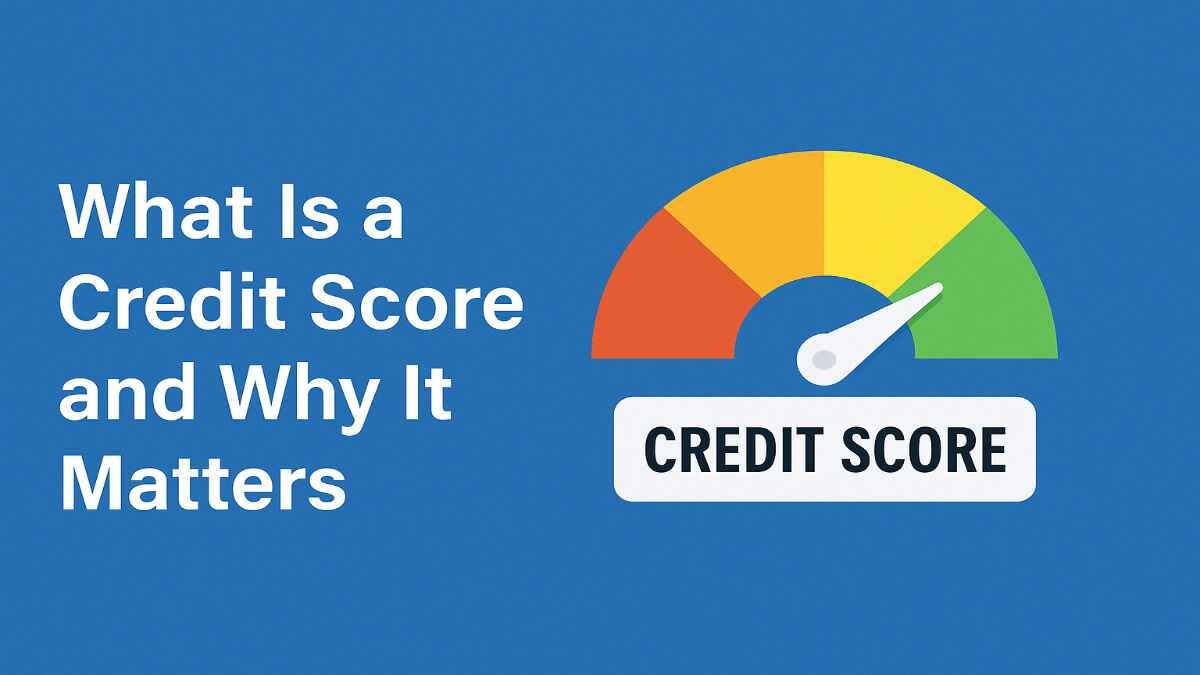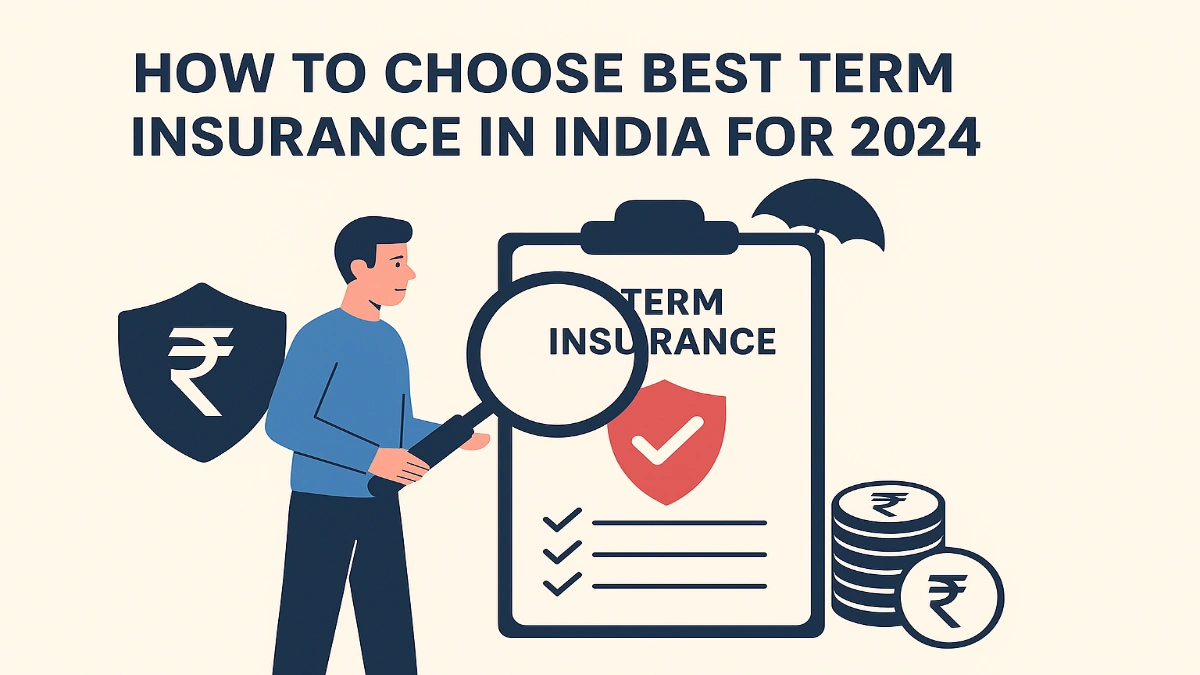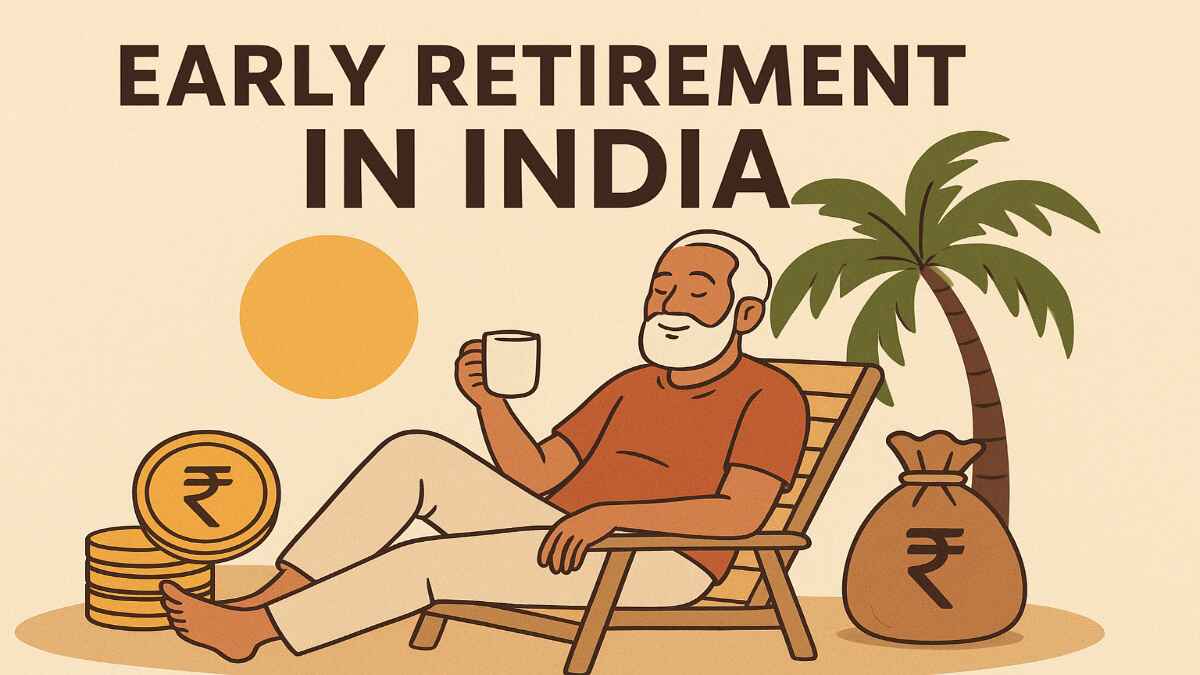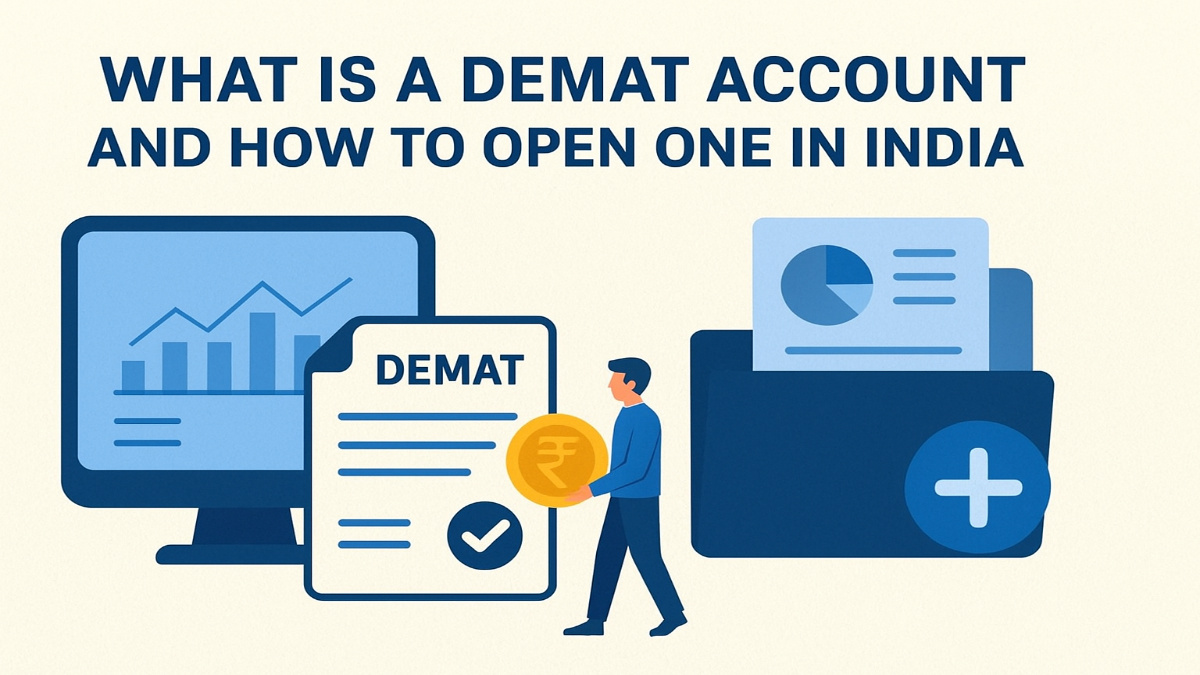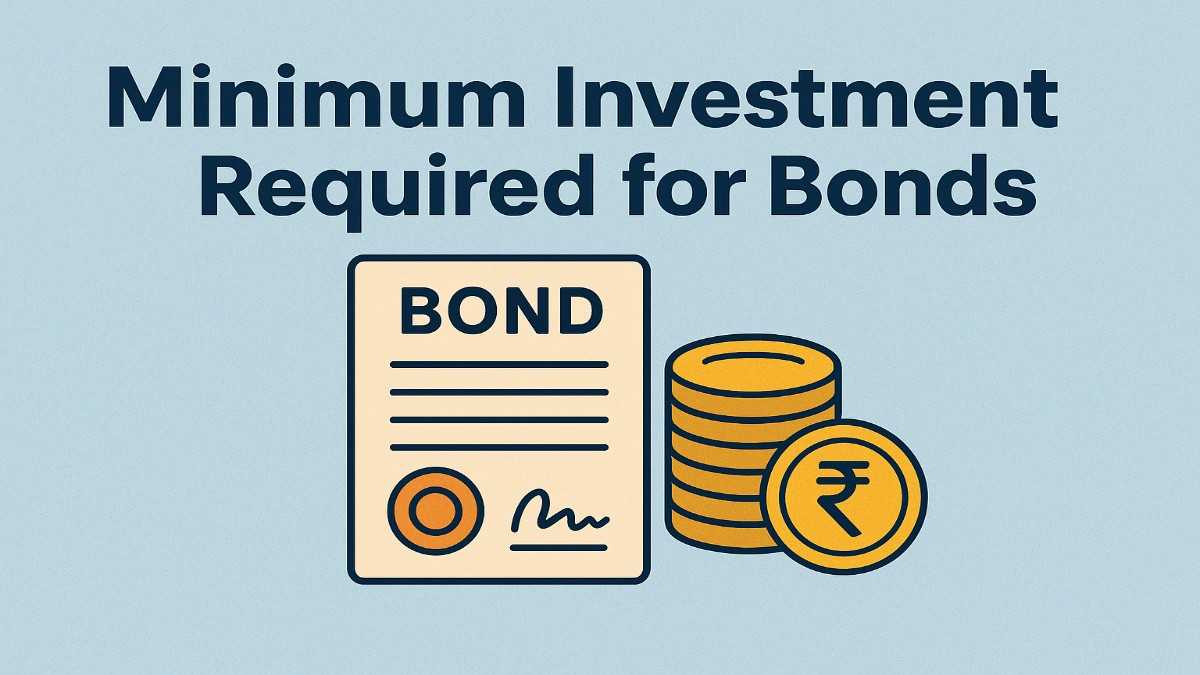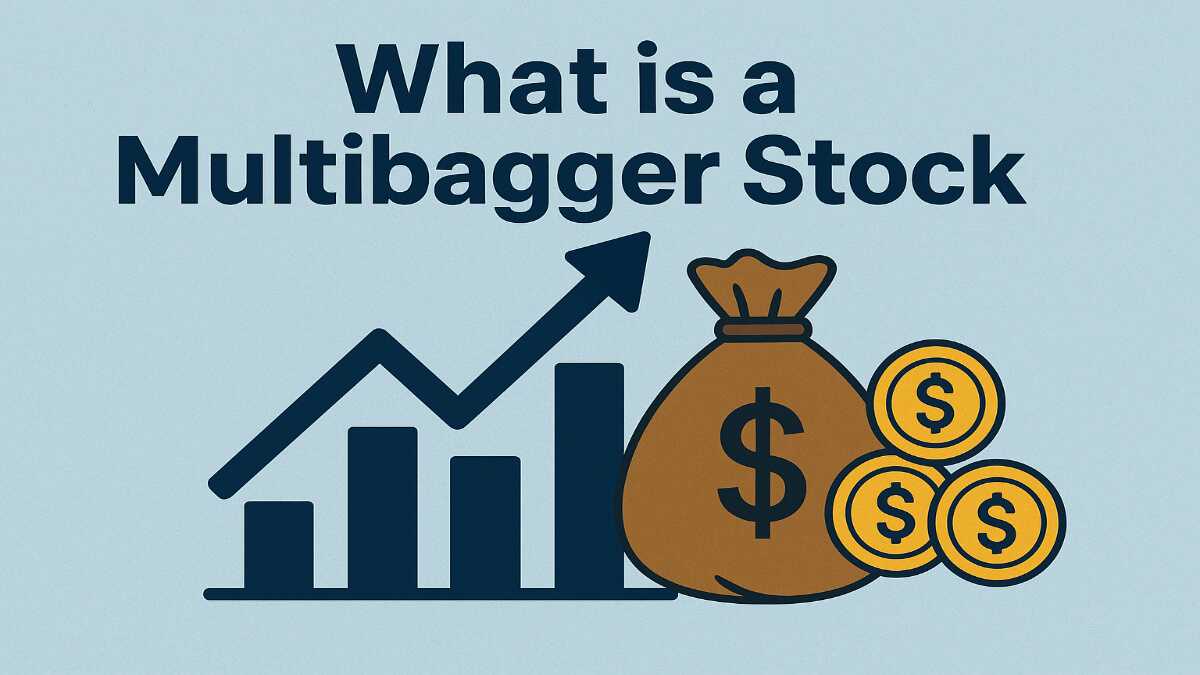In today’s fast-paced financial world, understanding your credit score is essential, especially in India, where access to credit is becoming increasingly important. Whether you’re dreaming of buying a home, starting a business, or simply getting a credit card, your credit score plays a pivotal role. But what exactly is a credit score, and why does it matter so much? This comprehensive guide will break it down in simple English, tailored for an Indian audience, and provide practical tips to help you manage your credit effectively.
Table of Contents
Introduction: What Is a Credit Score and Why It Matters?
A credit score is like a financial report card that shows how well you manage borrowed money. It’s a three-digit number, typically ranging from 300 to 900 in India, that reflects your creditworthiness. This score is based on your credit history, which includes how you’ve handled loans, credit cards, and other forms of credit. Lenders use it to assess the risk of lending to you. A higher score means you’re seen as a lower risk, which can lead to better loan terms, lower interest rates, and higher credit limits.
In India, where financial opportunities are expanding, knowing what a credit score is and why it matters can make a huge difference. It’s not just about getting approved for a loan; it’s about getting the best possible terms. A good credit score can save you thousands of rupees in interest and open doors to financial products that suit your needs. Whether you’re applying for a home loan, a car loan, or even renting an apartment, your credit score can influence the outcome.
Let’s explore how credit scores work, why they’re important, and how you can take control of yours.
How Credit Scores Are Calculated
Your credit score isn’t a random number—it’s calculated based on specific factors that reflect your financial behavior. In India, four main credit bureaus—CIBIL (TransUnion CIBIL), CRIF High Mark, Experian, and Equifax—collect data from banks, NBFCs, and other lenders to generate your score. While each bureau may use slightly different methods, they generally consider the following factors:
- Payment History (35%): This is the most critical factor. It shows whether you’ve paid your bills, EMIs, and credit card dues on time. Late payments, defaults, or missed payments can significantly lower your score.
- Credit Utilization (30%): This measures how much of your available credit you’re using. For example, if your credit card has a ₹1,00,000 limit and you’ve used ₹30,000, your utilization is 30%. Keeping this below 30% is ideal for a healthy score.
- Length of Credit History (15%): The longer you’ve had credit accounts, the better. It demonstrates your experience in managing credit responsibly over time.
- New Credit Inquiries (10%): Applying for multiple loans or credit cards in a short period can signal financial distress, potentially lowering your score.
- Types of Credit Used (10%): Having a mix of credit types, such as credit cards (revolving credit) and loans (installment credit), can positively impact your score.
These percentages are approximate and may vary slightly between bureaus, but they provide a clear picture of what influences your credit score. Understanding these factors can help you make informed decisions to maintain or improve your score.
Credit Score Ranges in India
| Score Range | Category | Implication |
|---|---|---|
| 750–900 | Excellent | High chance of loan approval with favorable terms and low interest rates. |
| 700–749 | Good | Good chance of approval, but terms may not be as favorable as excellent scores. |
| 600–699 | Average | Approval possible, but with higher interest rates and stricter terms. |
| 300–599 | Poor | Low chance of approval; may face high interest rates or rejection. |
This table shows how credit scores are categorized in India and their impact on your financial opportunities.
Why Your Credit Score Matters
Your credit score is a powerful tool that can shape your financial future. Here’s why it matters so much:
- Loan Approvals: When you apply for a loan—whether it’s a home loan, car loan, or personal loan—lenders check your credit score to assess your reliability. A higher score increases your chances of approval.
- Interest Rates: A good credit score can lead to lower interest rates. For example, a home loan with a 7% interest rate instead of 9% can save you lakhs over the loan’s tenure.
- Credit Limits: Credit card companies often set your credit limit based on your score. A higher score can mean a higher limit, giving you more financial flexibility.
- Insurance Premiums: Some insurance companies in India use credit scores to determine premiums for auto or home insurance. A better score might result in lower premiums.
- Rental Applications: Landlords may check your credit score to evaluate your reliability as a tenant. A good score can make you a more attractive candidate.
- Employment Opportunities: In some cases, employers in India, especially in the financial sector, may check your credit score as part of background checks to assess your financial responsibility.
In India, where access to credit is crucial for personal and business growth, a good credit score can be a game-changer. It’s not just about getting loans; it’s about securing them on terms that save you money and align with your financial goals.
Credit Scores in India
In India, the credit scoring system is managed by four main credit information companies (CICs) or credit bureaus: CIBIL, CRIF High Mark, Experian, and Equifax. These bureaus collect data from banks, NBFCs, and other lenders to create your credit report and score. Here’s a brief overview of each:
- CIBIL (TransUnion CIBIL): The most widely used credit bureau in India, CIBIL maintains credit information for over 600 million individuals and 2,400 member institutions. Scores range from 300 to 900, with 750+ considered excellent.
- CRIF High Mark: Authorized by the Reserve Bank of India (RBI), CRIF provides scores from 300 to 850. It’s commonly used by lenders for loan evaluations.
- Experian: Offers scores from 300 to 900 and is known for its quick reporting (within 20 days).
- Equifax: Also provides scores from 300 to 900 and is used by many financial institutions.
Your score may vary slightly between bureaus due to differences in data or scoring models. The RBI mandates that lenders report updated credit information to these bureaus every 15 days, ensuring your credit report reflects your latest financial activity.
How to Check Your Credit Score in India
You can check your credit score for free through various platforms, including:
- Official Bureau Websites: Visit CIBIL, CRIF High Mark, Experian, or Equifax to access your score.
- Financial Platforms: Websites like BankBazaar, PaisaBazaar, or CRED offer free credit score checks.
- UMANG App: The government’s UMANG app provides access to your CIBIL score.
To check your score, you typically need to provide your name, PAN card details, and registered mobile number. Checking your own score is a soft inquiry and does not affect your credit rating.
Understanding Your Credit Report
Your credit report is a detailed record of your credit history, including:
- Personal Information: Name, address, PAN, and contact details.
- Credit Accounts: Details of active and closed loans and credit cards.
- Payment History: Records of on-time, late, or missed payments.
- Credit Inquiries: List of hard and soft inquiries made by lenders or yourself.
- Public Records: Information on bankruptcies or legal actions (if any).
Reviewing your credit report regularly can help you spot errors, such as incorrect payment records or unauthorized accounts, which you can dispute with the credit bureau.
Factors That Affect Your Credit Score
To manage your credit score effectively, it’s crucial to understand the factors that influence it. Here’s a detailed look:
- Payment History: Paying your bills, EMIs, and credit card dues on time is the most important factor. Even a single late payment can lower your score, especially if it’s reported to the credit bureau.
- Credit Utilization: This is the ratio of your credit card balance to your credit limit. For example, if your credit card limit is ₹2,00,000 and you’ve used ₹80,000, your utilization is 40%. Aim to keep it below 30% for a better score.
- Length of Credit History: The age of your oldest credit account and the average age of all your accounts matter. Keeping old accounts open can help maintain a longer credit history.
- New Credit Inquiries: Hard inquiries, which occur when you apply for new credit, can slightly lower your score. Too many inquiries in a short period may signal financial distress.
- Types of Credit Used: A mix of credit types, such as credit cards and loans, shows you can handle different forms of credit. However, don’t open new accounts just for diversity.
Not all financial activities are reported to credit bureaus. For example, utility bills or rent payments typically don’t affect your score unless specifically reported.
How to Improve Your Credit Score

If your credit score isn’t where you want it to be, don’t worry—there are practical steps you can take to improve it. Here are some tips tailored for Indian consumers:
- Pay Bills on Time: Set up reminders or use auto-pay to ensure you never miss a payment. Timely payments are the biggest factor in your score.
- Keep Credit Utilization Low: Pay off credit card balances in full each month or keep them below 30% of your limit. For example, if your limit is ₹1,00,000, try to keep your balance below ₹30,000.
- Limit New Credit Applications: Avoid applying for multiple loans or credit cards in a short period, as this can lead to multiple hard inquiries.
- Check Your Credit Report Regularly: Review your report for errors, such as incorrect payment records or unauthorized accounts. Dispute any inaccuracies with the credit bureau.
- Keep Old Accounts Open: Closing old credit cards can shorten your credit history and increase your utilization ratio, both of which can hurt your score.
- Diversify Your Credit Mix: If you only have a credit card, consider taking a small personal loan (if needed) to show you can manage different types of credit.
Improving your credit score takes time and consistent effort, but the benefits—lower interest rates, better loan terms, and more financial flexibility—are worth it.
Common Mistakes to Avoid
- Missing Payments: Even one late payment can stay on your report for up to 7 years.
- Maxing Out Credit Cards: High balances increase your utilization ratio and signal risk.
- Closing Old Accounts: This can reduce your credit history length and hurt your score.
- Ignoring Errors: Uncorrected errors on your credit report can unfairly lower your score.
Common Misconceptions About Credit Scores
There are several myths about credit scores that can lead to confusion. Let’s debunk some common ones:
- Myth: Checking Your Score Lowers It: Checking your own score is a soft inquiry and does not affect your score. Only hard inquiries from lenders have a minor impact.
- Myth: Only People with Bad Credit Need to Monitor Their Score: Everyone should check their score regularly to maintain good credit or catch errors early.
- Myth: Carrying a Balance Helps Your Score: Paying off your credit card balance in full each month is better than carrying a balance, as long as you’re not overusing your credit.
- Myth: Your Income Affects Your Score: Credit scores are based solely on your credit history, not your income or savings.
- Myth: You Have Only One Credit Score: You have multiple scores, one from each credit bureau, and they may vary slightly.
Understanding these misconceptions can help you make smarter decisions about your credit.
FAQs
What is a good credit score in India?
A score above 750 is considered excellent, while 700–749 is good. Scores below 600 are poor and may limit your options.
How often should I check my credit score?
Check your score at least once a year, or more often if you’re planning to apply for credit. Regular checks help you spot errors or track progress.
Can I improve my credit score quickly?
Some actions, like paying off debts or correcting errors, can lead to quick improvements, but building a strong score typically takes months of consistent good habits.
Does closing a credit card affect my score?
Yes, closing a card can increase your credit utilization ratio and shorten your credit history, both of which may lower your score.
How long does negative information stay on my credit report?
Negative information, like late payments or defaults, typically stays on your report for up to 7 years, though its impact diminishes over time.
Can I have different scores from different bureaus?
Yes, scores may vary due to differences in data or scoring models used by CIBIL, CRIF, Experian, or Equifax.
Does using a debit card affect my credit score?
No, debit card transactions don’t affect your score because they’re not credit-based.
Can I remove legitimate negative information from my report?
No, accurate negative information cannot be removed, but you can dispute errors with the credit bureau.
Is a perfect credit score (900) necessary?
A score above 800 is excellent and sufficient for most financial purposes. A perfect 900 is rare and not required.
Will bankruptcy ruin my credit score forever?
Bankruptcy can severely impact your score, but its effect fades over time. You can rebuild your credit with responsible financial habits.
Conclusion: What Is a Credit Score and Why It Matters?
Your credit score is a vital part of your financial life, especially in India, where credit is essential for achieving personal and professional goals. Understanding what a credit score is and why it matters can empower you to take control of your financial future. By paying your bills on time, keeping your credit utilization low, and regularly monitoring your score, you can maintain or improve your creditworthiness.
A good credit score opens doors to better loan terms, lower interest rates, and more financial opportunities. It’s not just a number—it’s a reflection of your financial discipline and a tool to help you achieve your dreams. Start today by checking your credit score, reviewing your report, and taking steps to keep your financial health in top shape.
Disclaimer: Moneyjack.in provides general financial information for educational purposes only. We are not financial advisors. Content is not personalized advice. Consult a qualified professional before making financial decisions. We are not liable for any losses or damages arising from the use of our content. Always conduct your own research.

